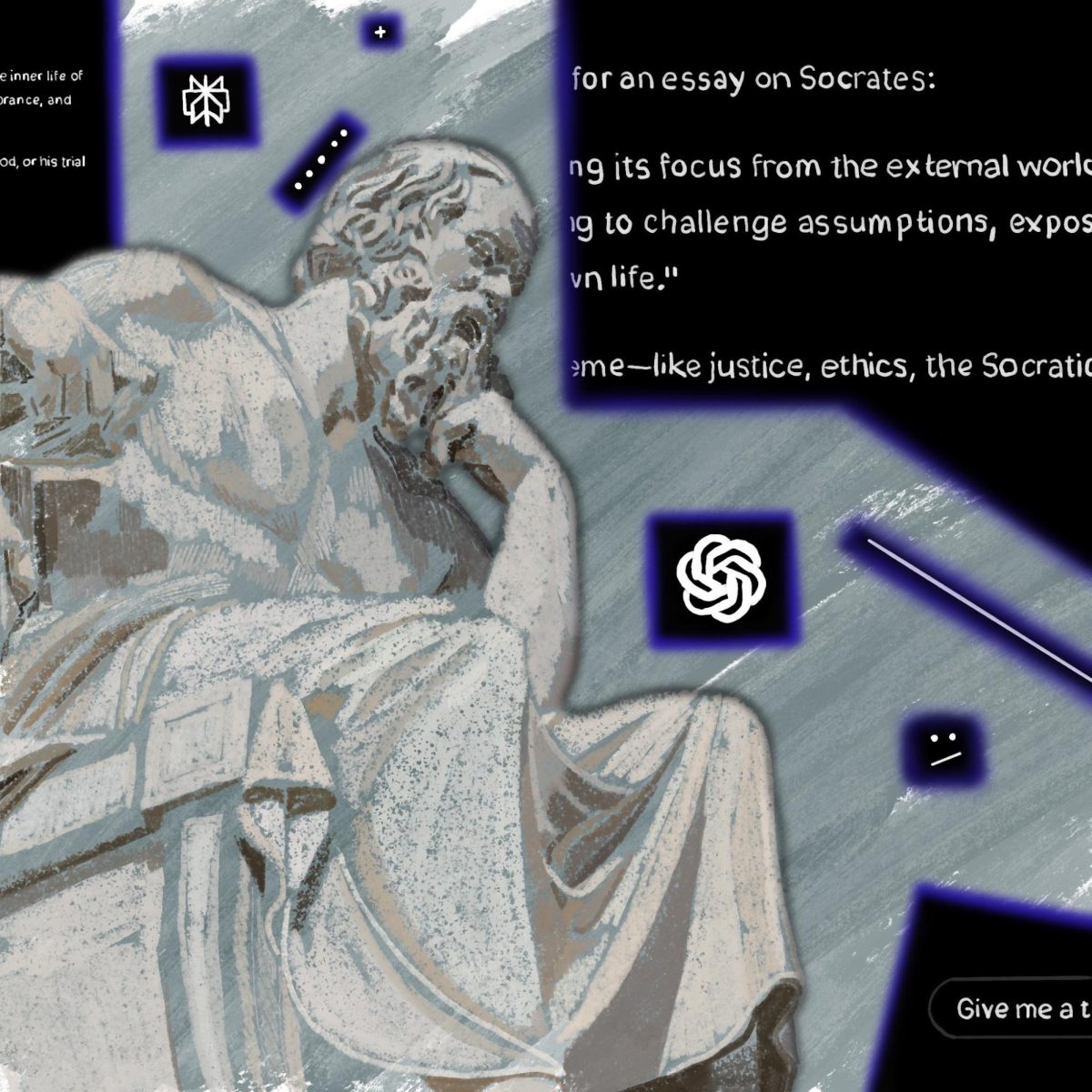What do you have to do to get that coveted I-banking job, medical school acceptance letter, or [fill in appropriate post-college plan]? Here’s what I learned from conversations with my classmates last year: Bulge-bracket firms only want people with a 3.9 GPA. Or was the cutoff 3.5? You should take easy classes to boost your GPA, since that’s all recruiters care about. You should take challenging classes to impress the recruiters because they’ll be looking closely at your transcript. You shouldn’t take classes pass/fail, because that makes it look like you were coasting. You should take classes pass/fail if you don’t think you’ll get an A because recruiters won’t look at your transcript anyway.
What I really learned was that I probably shouldn’t be taking career advice from fellow underclassmen. Any time the subject of conversation turned to their career daydreaming, it seemed that I needed to hold up a Wikipedia-style “[citation needed]” sign. The students’ sources of information varied widely. Some of them perused what I am sure were totally reliable online forums. Others merely recounted what their friends told them. Half of what I heard from my classmates contradicted the other half of what I heard, and there was no guarantee that either half was right.
In the Broadway musical Avenue Q, the Bad Idea Bears are harmless-looking teddy bears that occasionally pop up and give the lead characters some rather bad advice. When it comes to career advice, your peers are probably Bad Idea Bears. You might have some friends who can speak knowledgeably about careers, but trying to distinguish them from the ones who don’t know much will end up being mostly guesswork unless you also happened to be knowledgeable about the subject. And if you were, you wouldn’t be the one getting career advice.
Unfortunately, it can be hard to find a good alternative to getting career advice from Internet forums or random 19-year-olds. We can set up informational interviews, but the fruitfulness of doing so hinges on whether we’re knowledgeable enough in the first place to ask the right questions. We do have Career Services, which can provide advice to those who seek it out. However, it’s important to note that students are the ones who set up the appointments. Because of this, CAPS’s sample of the interests and knowledge that undergraduates have about career planning is heavily skewed toward the most motivated and organized students. I’ve heard complaints that the offerings at CAPS are too tilted toward econ majors, but that shouldn’t be surprising because our school has a lot of econ majors who are very eager to land finance internships and jobs.
Thus, the services CAPS provides are useful, but students already have to have taken a few steps before they can take advantage of them. For instance, if one would like to find out about journalism opportunities, he or she can sign up for the Chicago Careers in Journalism listhost. But how might someone get to the stage in which he or she knows what listhost to sign up for? One could subscribe to all of them if he or she likes, but the predictable result would be information overload. Simply put, what CAPS does is provide students with a lot of information without a way of filtering or making sense of it.
Consequently, the University should require students to meet with a career adviser every year that they are in college. This would help students sift through the contradictory advice they are so often presented with. Furthermore, undergraduates don’t always know when they should start developing post-college plans. Even those who know what career they want to pursue can benefit from meeting with an adviser in order to clear up misconceptions about the path to getting their highly sought-after position.
Some might argue that mandatory career advising would detract from the academic focus of this school, but I contend that a lack of career advising is even more detrimental to the academic experience. Early planning to integrate professional and academic goals can reduce the likelihood that a student, hopelessly caught up in the job search frenzy, will wind up neglecting schoolwork senior year because she doesn’t see the connection between what she’s doing now and what she wants to do in the future. I’m a firm believer in developing the life of the mind at college, but there’s life after college too.
Jane Huang is a second-year in the College.







